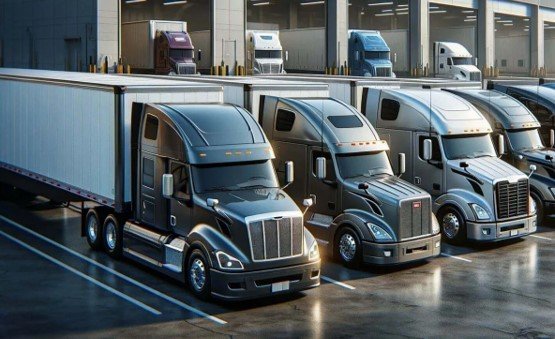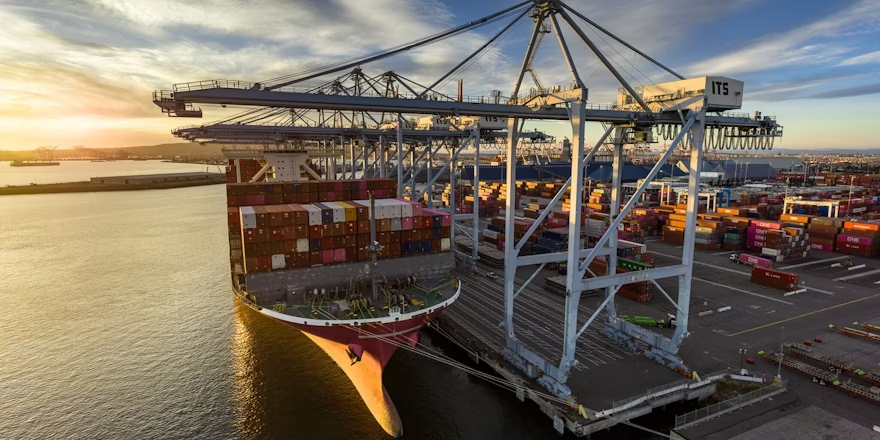Subtotal $0.00
The ability to quickly charge battery-electric commercial trucks remains a critical challenge for many fleets, as downtime directly impacts operational efficiency and profitability. InductEV, a recognized electric vehicle (EV) charging sector innovator, is addressing this challenge with its advanced inductive charging technology.
InductEV has announced plans to deploy its high-powered inductive chargers at the Port of Long Beach in collaboration with the International Transportation Service (ITS), a terminal operator. The initiative, titled “Hands-free Charging for Battery Electric Cargo Handling Equipment,” is one of five projects selected by the California Energy Commission (CEC) as part of a $33 million investment in sustainable port and freight infrastructure.
Under this partnership, InductEV’s chargers will support five of ITS’ battery-electric cargo vehicles while parked, marking the first installation of this technology at a West Coast port. Previously, the same inductive chargers were deployed at APM Terminals in Port Elizabeth, New Jersey.
Beyond port operations, InductEV has established a strong track record in wireless charging solutions, collaborating with the state of Michigan, Electreon, Xos, BetterFleet, and Detroit Manufacturing on various installations.
“We are proud to partner with the Port of Long Beach ITS team to help them realize their vision for a more efficient and environmentally friendly solution to power their fleet,” stated John F. Rizzo, President and CEO of InductEV. “As more port facilities and freight terminals electrify their fleets, we expect wireless inductive charging to play a leading role in the process.”
Wireless charging technology offers several advantages: operational efficiency, economic benefits, and environmental sustainability. The system functions through inductive, in-ground charging pads that activate upon alignment with a corresponding pad beneath the vehicle. Current configurations support power levels ranging from 75 kW to 450 kW, providing scalable solutions for various fleet needs.
According to InductEV, wireless inductive charging presents a compelling alternative to conventional plug-in systems. To date, the company has delivered more than 3 GWh of energy through its wireless charging network, preventing approximately 650 metric tons of CO2 emissions in the United States and Europe.
As electrification efforts continue to reshape the transportation and logistics landscape, InductEV’s innovative charging solutions demonstrate the potential to enhance sustainability and efficiency across port and freight operations.


